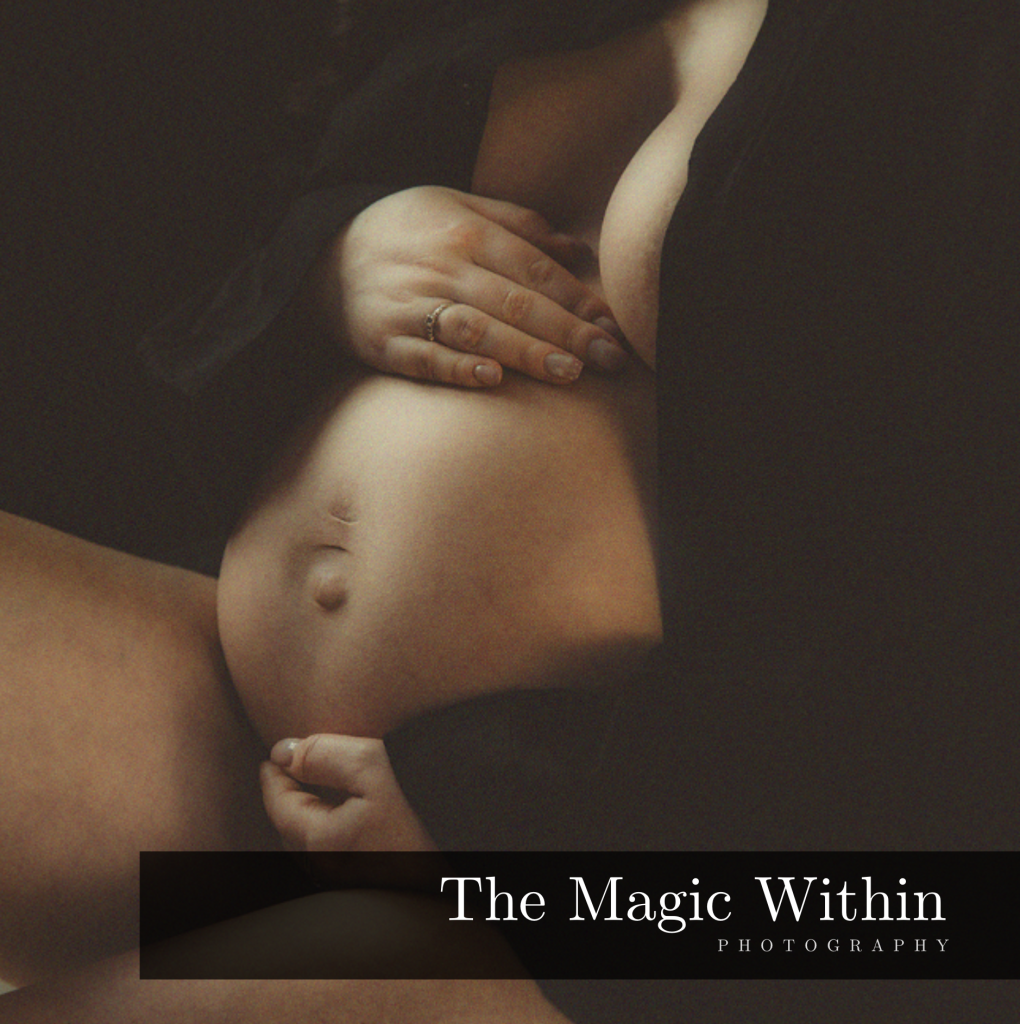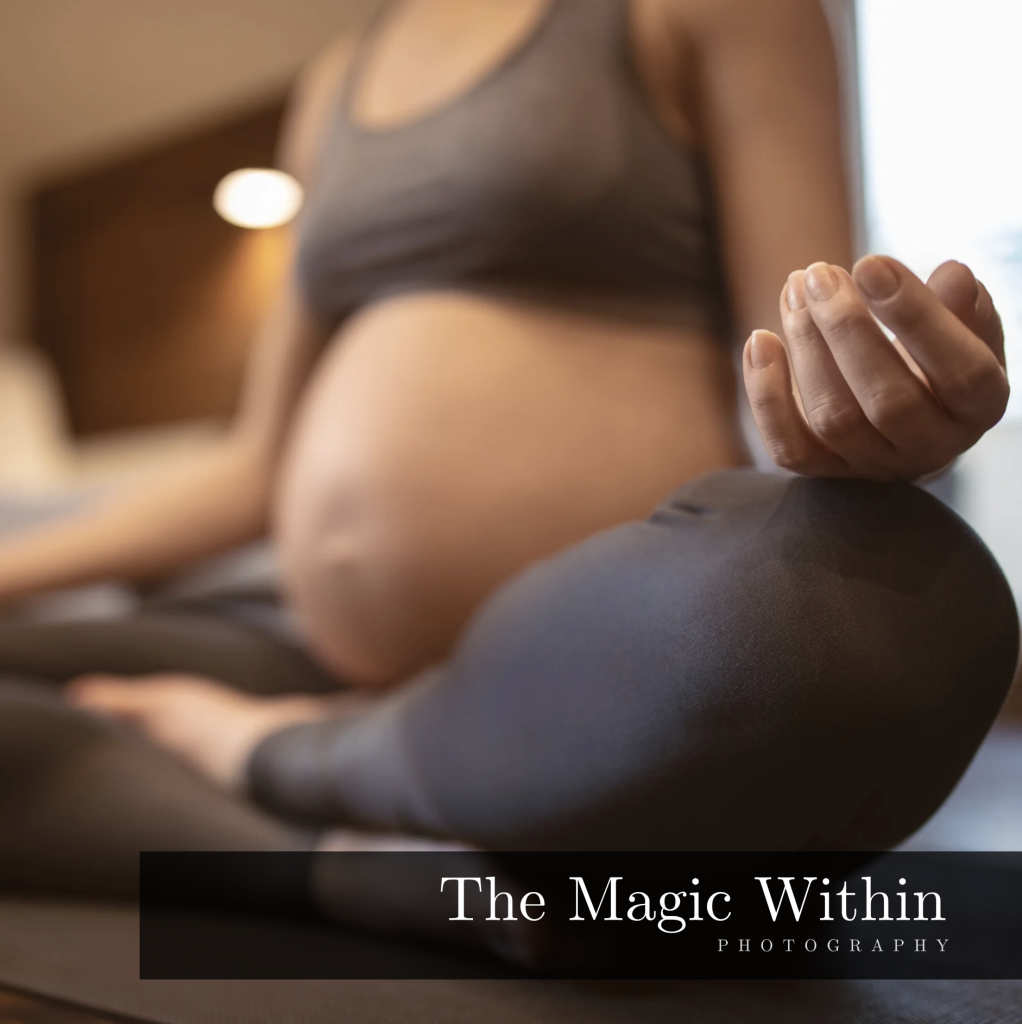How long did you sleep last night? This simple yet powerful question can open the door to meaningful conversation, especially among women who are pregnant, caring for a newborn or navigating life with young children. In Glasgow and across Scotland, where long winter nights meet busy mornings, sleep can feel both precious and elusive.
This blog explores the shifting patterns of sleep during pregnancy, postpartum life and beyond, highlighting why it matters for your body, mind and soul. You will find practical strategies and a compassionate look at how rest evolves during motherhood.
Sleep in Pregnancy: Body, Hormones and the Changing Clock

Pregnancy brings about a complete reorganisation of your body’s priorities. Your energy is being directed towards growing new life, which means your physical needs change rapidly from month to month. Sleep, once a routine part of the day, can quickly become unpredictable. You might find that your body wants to rest at unusual times, such as mid-morning or mid-afternoon, or that your normal bedtime no longer suits you. These changes can be disorientating, especially if you were used to a consistent sleep schedule before pregnancy.
For many women in Glasgow, seasonal changes add to this adjustment. The long summer evenings can make it harder to wind down for bed, while in winter the dark mornings can make getting up feel almost impossible. Understanding that these fluctuations are normal is the first step towards managing them in a healthy way.
1. Why Sleep Often Slips Away
As pregnancy progresses, your body undergoes significant changes. Hormonal shifts, increased blood volume and a growing bump all influence how easily you fall asleep and stay asleep. Many women in early pregnancy experience longer sleep times, yet still wake feeling tired. Frequent trips to the bathroom, discomfort, heartburn and vivid dreams can lead to broken rest.
The rise in progesterone, while helpful for maintaining pregnancy, also has a sedative effect that can make you feel drowsy at unexpected times during the day. However, this hormone can also disrupt the deeper stages of sleep, leaving you less refreshed in the morning. Some women find themselves napping more, which can be restorative, but it can also make it harder to fall asleep at night.
In Glasgow and the rest of the Scottish Central Belt, seasonal light changes can also affect your body clock. Short winter days and long summer evenings may disrupt the natural rhythm, adding another layer to the challenge. The city’s often unpredictable weather can also play a part, with grey skies influencing mood and energy levels.
2. Trimesters and Shifting Sleep Patterns
In the first trimester, increased progesterone can make you feel drowsy, leading to more hours in bed, though often with frequent waking. This is also when morning sickness is at its peak for many, further disturbing rest. The second trimester can bring a slight improvement in sleep quality, but disturbances remain common. Physical discomfort may be reduced compared to the third trimester, but vivid dreams and changes in breathing patterns can still interrupt your rest.
By the third trimester, physical discomfort often peaks. Finding a safe and comfortable sleeping position becomes harder, and this is when many women answer the question how long did you sleep last night with a weary smile. Side sleeping, particularly on the left, is recommended as it supports blood flow to the baby and can help reduce swelling in the legs. Using supportive pillows between the knees and under the bump can ease pressure on the hips and lower back.
The Impact of Sleep on Health During Pregnancy
Sleep is vital for physical health. It supports healthy blood pressure, regulates hormones and strengthens the immune system. Adequate rest reduces the risk of pregnancy complications such as gestational diabetes and high blood pressure. It also plays a key role in emotional wellbeing, helping you manage stress and maintain a positive outlook.
When sleep is disrupted, your body has less time to repair and restore itself. Fatigue can make daily activities harder and may affect your ability to focus on self-care. Chronic sleep deprivation during pregnancy has been linked to longer labour times and an increased need for interventions during birth. This makes sleep not just a comfort but an important part of preparing for labour and recovery.
From a holistic perspective, sleep also affects how connected you feel to your pregnancy. Well-rested mothers-to-be often report feeling more positive, more engaged in prenatal activities and more able to bond with their unborn child. Rest gives you the clarity and patience to manage both the physical and emotional changes you are experiencing.
The Postpartum Shift When “How Long Did You Sleep Last Night?” Becomes Elusive
After birth, the landscape of sleep changes completely. Newborns feed every few hours, day and night, which means your sleep is broken into short segments. The total number of hours you sleep is reduced, and the quality often declines as well.
In Glasgow, practical factors such as smaller living spaces, city noise or shorter daylight hours in winter can add to the difficulty of achieving restorative rest. The early days are often described as a blur, with mothers functioning on short bursts of rest that feel more like naps than real sleep.
This stage can be especially challenging if you are used to being well rested and in control of your schedule. Learning to adapt, to accept help and to find rest whenever possible becomes a survival skill. The concept of sleeping when the baby sleeps, although often repeated, can be hard to implement, especially when there are other responsibilities or older children in the home.
The Emotional Effects of Broken Sleep
Sleep deprivation in the weeks and months after birth can heighten emotional sensitivity. It can make small challenges feel overwhelming and may contribute to postnatal mood changes. On the other hand, even modest improvements in rest can boost your patience, clarity and resilience. Sleep helps you feel more present with your baby and more confident in your new role.
Building small rituals around rest, such as a warm drink before bed or a brief moment of quiet breathing, can help signal to your body that it is time to unwind. These rituals are not a replacement for a full night’s sleep, but they can help improve the quality of the rest you do get.
Sleep With Toddlers
When your child grows into the toddler stage, sleep patterns shift again. Some toddlers sleep through the night, while others wake early or experience night-time disturbances. Teething, illness or developmental mental leaps can temporarily disrupt rest.
Parents often need to adapt, using strategies such as early bedtimes, sharing night duties or incorporating short naps into the day. This is also a stage where setting consistent boundaries around bedtime can pay off. A predictable evening routine with calming activities like reading or gentle music helps signal to your toddler that it is time for sleep.
The question “How long did you sleep last night?” may still not have a perfect answer, but finding small ways to protect your rest can make a meaningful difference.
Sleep’s Holistic Importance for Body, Mind and Soul

For the body, sleep is a time for cell repair, hormonal balance and muscle recovery. For the mind, it helps process information, stabilise emotions and improve focus. For the soul, it offers a pause, allowing you to reconnect with yourself and regain a sense of calm.
During pregnancy and motherhood, maintaining this perspective is vital. Even short moments of rest can be valuable. Simple practices such as mindful breathing, quiet time with a cup of tea or a brief meditation can ease the strain of sleepless nights.
Holistic self-care also means being mindful of nutrition and movement. Eating balanced meals and staying hydrated support better sleep quality. Light physical activity, such as a walk in one of Glasgow’s parks, can help regulate your body clock and boost your mood.
Practical Strategies for Better Rest in Glasgow
- Create a calm sleeping environment. Use blackout curtains to block streetlights and keep the bedroom at a comfortable temperature.
- Invest in comfort. A supportive pregnancy pillow or soft bedding can help you find a position that reduces discomfort.
- Keep consistent sleep routines. Going to bed and waking at the same time each day supports your body clock.
- Limit evening screen time. Turn off devices at least an hour before bedtime to help your mind wind down.
- Use relaxation techniques. Gentle stretches, warm baths or breathing exercises can prepare your body for rest.
- Accept help. Allow your partner, family or friends to support you so you can take longer stretches of rest when needed.
- Adapt to the seasons. In summer, use lightweight bedding and keep windows open for ventilation. In winter, use cosy blankets and maintain a warm but not overheated bedroom.
- Incorporate daytime light. Exposure to natural light during the day, even in winter, can help regulate your sleep-wake cycle.
Conclusion: How long did you sleep last night?
Whether you are in Glasgow, Edinburgh or anywhere else in Scotland, the honest answer to “How long did you sleep last night?” is often less than you would like during pregnancy and the early years of motherhood. Sleep is not a luxury. It is a necessity for your physical health, emotional balance and overall wellbeing.
Making time for rest, even in small ways, can help you feel stronger and more able to enjoy life with your family. Every moment of quality sleep counts and supports you in meeting the demands of motherhood with strength and grace. By combining practical strategies with a compassionate approach to your own needs, you can protect your health and find more joy in your daily life, even when the nights are short.
FAQs: How long did you sleep last night? Let’s take a deeper look into your questions
How long should a pregnant woman sleep at night?
- Aim for 7 to 9 hours of sleep per night, as recommended for most healthy adults.
- Many pregnant women need slightly more than 9 hours, especially in the first trimester.
- Prioritise good sleep quality by using supportive pillows, reducing caffeine, and keeping a regular bedtime.
- Include short daytime naps if night-time sleep is disrupted.
- Listen to your body’s signals and rest when you feel fatigued.
Is it normal to sleep 12 hours a night when pregnant?
Yes, it can be normal, especially in the first trimester. Your body is working hard to support your pregnancy, and increased progesterone can make you feel more tired than usual. As long as you feel generally well and there are no other symptoms, sleeping 12 hours occasionally or regularly is not usually a cause for concern.
Is 7 hours enough sleep while pregnant?
Seven hours may be enough for some women if the sleep is good quality, but many pregnant women feel better with eight to nine hours. If you are waking up feeling rested and have no other health issues, seven hours can be adequate, though you may need to supplement with short naps if you feel tired during the day.